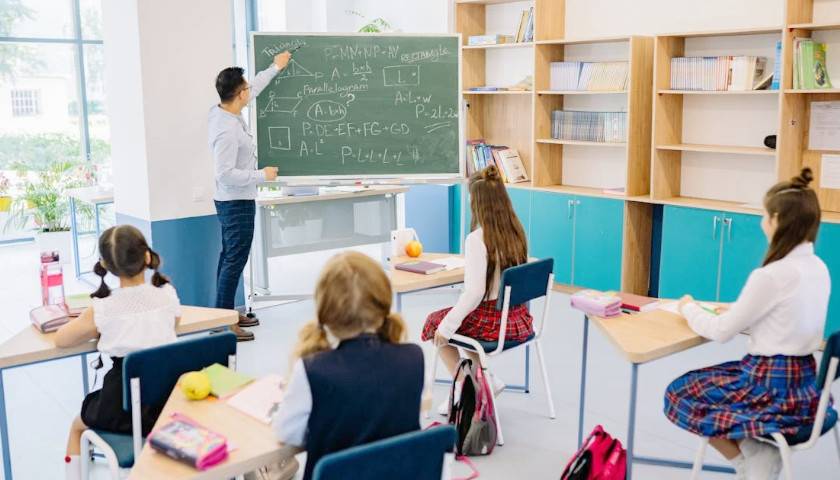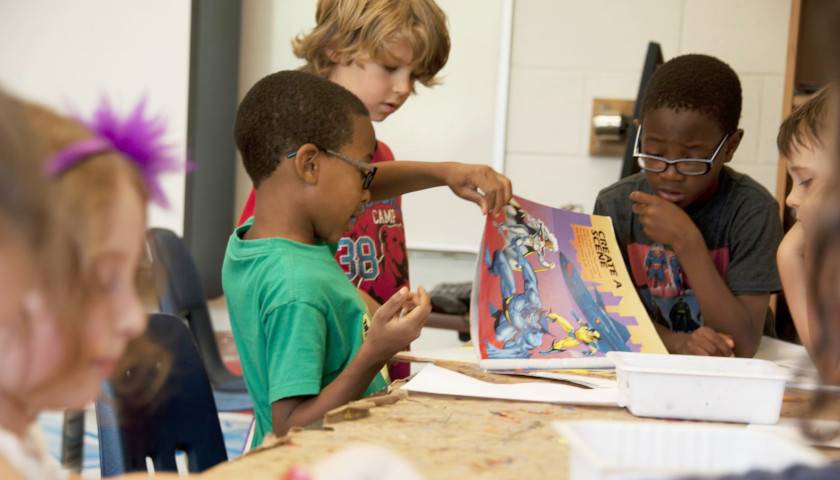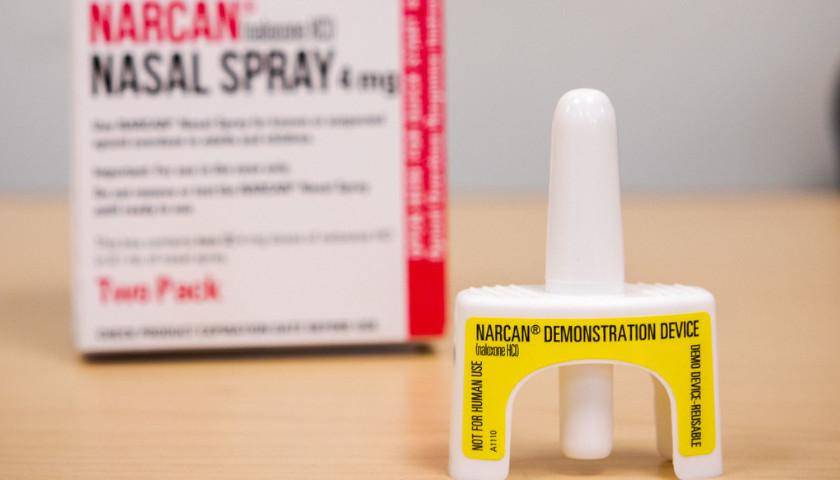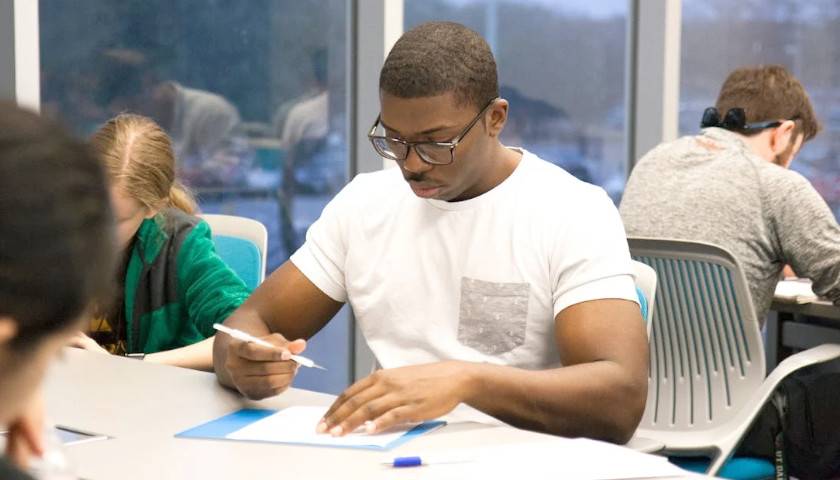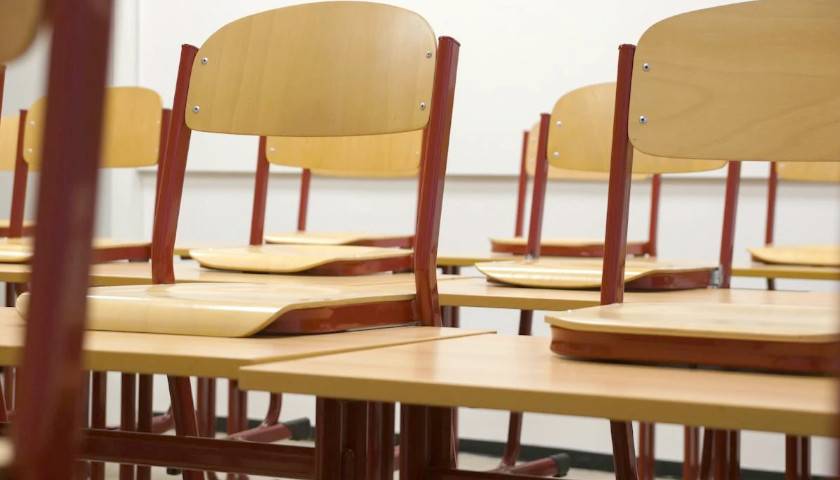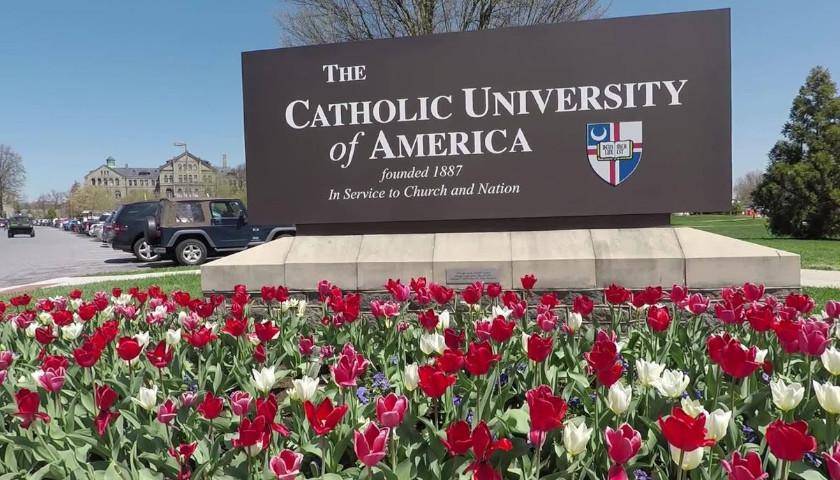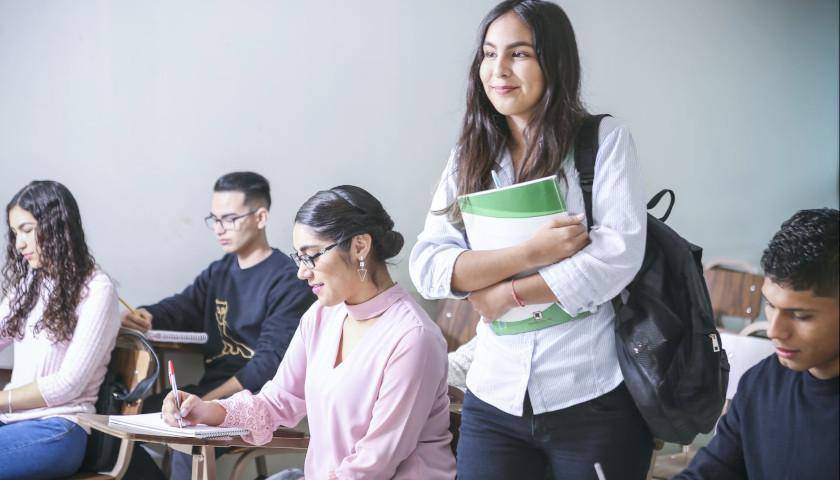Parents, children, and supporters of school choice have cause to celebrate this National Charter Schools Week.
Charter schools earned the top two spots on a list of the best high schools in America, according to a recent report by U.S. News & World Report. And, of the top 100 public high schools, charter schools claimed 19 spots—10 in Arizona alone—despite accounting for only 8% of all public schools in the country.
Read More